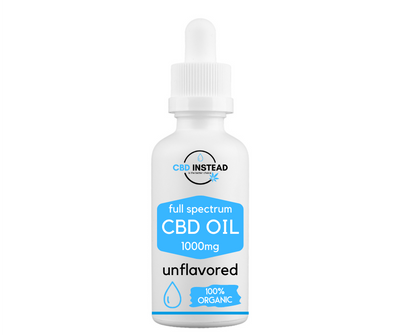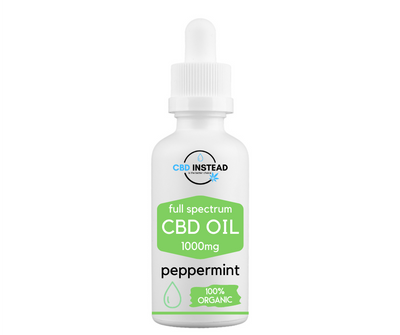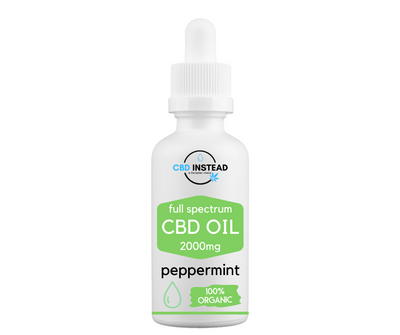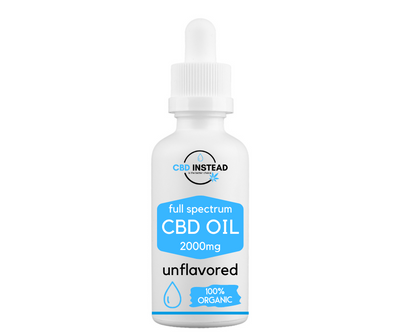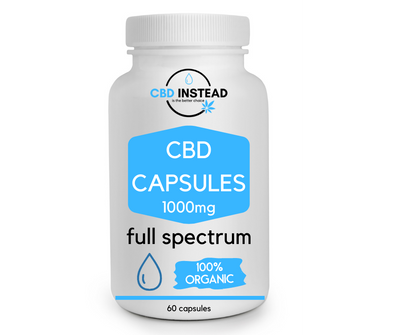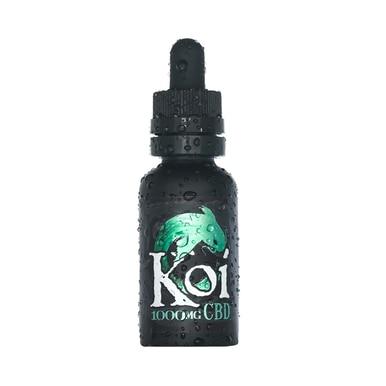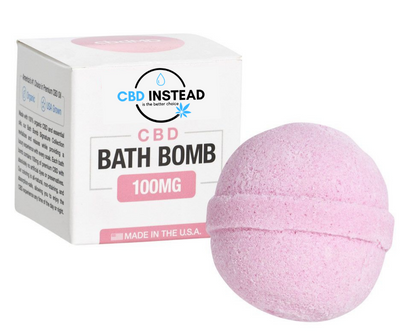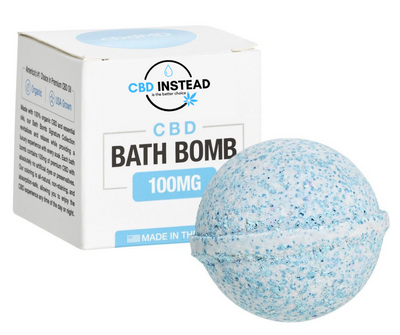Obsessive Compulsive Disorder (OCD) affects 2.2 million Americans a day. That’s two million people whose mind has taken control and made their life difficult to live through. Having compulsions can disrupt your life and make social interactions difficult. This can turn into depression or further anxiety. Many people chose SSRIs like standard antidepressants, but not everyone wants the side effects. For so long, people lived with the risks behind prescription medications because they had no other option. Well, now we do, CBD oil. Medical marijuana has the same effects as medications patients are already taking but without the risky side effects.
What Is OCD

“Imagine that your mind got stuck
on a certain thought or image…
Then this thought or image got replayed in your mind
over and
over again
no matter what you did…
You don’t want these thoughts — it feels like an avalanche…
Along with the thoughts come intense feelings of anxiety…
Anxiety is your brain’s alarm system. When you feel anxious, it feels like you are in danger. Anxiety is an emotion that tells you to respond, react, protect yourself, DO SOMETHING!
On the one hand, you might recognize that the fear doesn’t make sense, doesn’t seem reasonable, yet it still feels very real, intense, and true…
Why would your brain lie?
Why would you have these feelings if they weren’t true? Feelings don’t lie… Do they?
Unfortunately, if you have OCD, they do lie. If you have OCD, the warning system in your brain is not working correctly. Your brain is telling you that you are in danger when you are not.
When scientists compare pictures of the brains of groups of people with OCD, they can see that some areas of the brain are different than the brains of people who don’t have OCD.
Those tortured with OCD are desperately trying to get away from paralyzing, unending anxiety…”
“That’s messing with my OCD!” A common phrase that people often misuse. Obsessive Compulsive Disorder isn’t just being slightly irritated when something isn’t straight, or being uncomfortable in a messy room and feeling the urge to clean it. OCD is needing to fix something that isn’t straight and having to clean that room otherwise you drop into a ball of tears feeling disgusting until around you is spotless. OCD is something that entirely consumes you, and until what has taken the mind over is taken care of, you’re in extreme distress.
Obsessive Compulsive Disorder is an anxiety disorder because of its ability to cause extreme discomfort and distress. Someone with OCD will have reoccurring unwanted thoughts, feelings, or sensations that make them feel driven to do something. Something as simple as not following a routine can cause an episode.
OCD obsessions bring on anxiety which causes the compulsion. The thought or sensation is on repeat in the brain, and until the urge is carried out anxiety is going to get worse. This can make social interactions difficult when these unwanted thoughts come up, and it can be even harder to be at work when anxiety has filled your every being.
To classify your condition as OCD, the compulsions you experience must be time-consuming, like over an hour collectively every day. It has to impair work or social functions and cause you that extreme distress. If you developed this as a child and it went untreated, it will follow into adulthood like all anxiety disorders.

What Causes Obsessive Compulsive Disorder?
There are several parts of the brain that cause anxiety disorders when they malfunction. The hippocampus, the amygdala, and the basal ganglia. When any of these parts of the brain are overactive, they send excessive messages throughout the brain. This causes the constant fears and thoughts that anxiety brings.
Many people try therapy when dealing with their OCD paired with antidepressants. They can learn to react to their fears in different ways, and the antidepressants make the obsessions less severe, calming the brain down. The only issue with typically prescribed antidepressants is there is often a price to pay when taking them. They have side effects that make the condition worse, which can drive people to the edge of their sanity. Side effects and unwanted behavior changes are the main reason people with OCD are switching to CBD, but it is always good to learn about a medication before jumping in.
What is CBD?
CBD, also known as cannabidiol or hemp oil, is a chemical that is found in the cannabis plant and the industrial hemp plant. Many people think it is similar to the chemical THC that is most commonly associated with cannabis, but there are as many differences as similarities between the two chemical compounds.
THC directly binds to a cannabinoid receptor in the brain, CB1. It can do this because it is almost identical to a chemical that the brain makes organically, anandamide. This gives the psychoactive effect of extreme euphoria, overactive appetite, drowsiness, and numbness to pain. In other words, it’s how it makes you high.
CBD doesn’t directly bind to cannabinoid receptors as THC does. Instead, it indirectly stimulates receptors and chemicals through other pathways and receptors. It elevates compounds that are underproduced and inhibits the chemicals that the body overproduces. CBD works with the endocannabinoid system which is in charge of the body’s regulation. This relationship is how CBD can do so many things; it regulates the body.
How Does CBD Help With OCD?

CBD does many things in the brain that relieves anxiety, which in turn can help treat anxiety disorders. One of those things is calming down chemicals that are being shot into the space between neurons.
Typically, the conversation between cells goes from the sending neuron, (the presynaptic cell) to the receiving neuron (the postsynaptic cell). The presynaptic cell emits an electrical pulse that sends out neurotransmitters through the synapses, or the space between the cells. The receiving cells receptors dangle out, binding with the chemicals as they approach. Sometimes, the sending neuron is too excited and will send too many charged neurotransmitters to the receiving neuron. This can cause the receiving neuron to shut down, unable to process all of the information.
CBD elevates chemicals in the brain called endocannabinoids. When they are produced, they travel from the receiving cell to the sending cell, in a process called retrograde signaling. This signaling system sends a message to the sending cell, telling it to either calm down with the signals or to produce more. Making the conversation between neurons regulated which makes your mood more stabilized.
This process happens all over the brain, but it specifically helps anxiety patients by calming down activity in the amygdala, hippocampus, and basal ganglia. The most significant obstacle to conquer when it comes to a mental disorder is the mind itself. It is so powerful and being a species driven by our consciousness; it makes it difficult when our brains are battling against us.
How Do You Take CBD For OCD?

It can be a little intimidating looking at all the different ways you can take CBD. If you’re wondering if it matters how you take it, it does. If you’ve ever taken medicine before, you might have heard of the terms “Extended Release” and “Immediate Release.”
Extended release is when the medication is dispersed through your system over time. Generally, with conventional drugs, this is a tablet that is designed to slowly dissolve in your stomach and release the chemicals into your system throughout the day. With CBD edibles, this can be food or pills. You can make CBD infused food with hemp oil or CBD isolate, which makes taking medicine a little more delicious.
Immediate release is when medication hits the system hard for a short period of time. Instant relief. Typically this would be a pill that is a gel capsule, designed to quickly dissolve in your stomach and disperse through your system in a short period of time. For CBD, this would be tinctures or e-liquids.
When choosing the type of medicine, you have to look at what you want from the relief. Do you have extreme episodes throughout the day that you need to calm down from instantly? Use tinctures or an e-cig. Do you have a constant subtle anxiety throughout the day that is just waiting to be ruptured? Taking edibles or pills can help you have an overall calmer mind throughout the day.
How Much CBD Should I Take For OCD?
Always, always, always, always, start small when taking any new medication you don’t know how your body will react. If you have never had cannabis in your life, you do not know if your body will have an allergic reaction or some adverse side effect we haven’t discovered yet.
Edibles will be less potent because of their lowered bioavailability. Because the CBD has to go through the violent digestive process, it loses some of its strength. A low dose of an edible for an average adult is thought to be around 10mg. This varies from person to person, so feel free to start smaller.
Tinctures have a high bioavailability because they go straight from the mouth to the bloodstream. Starting with just a few milligrams a day is a good foundational beginning to starting your medication.
If you indeed are thinking about choosing CBD instead of prescription medications, talk to your doctor first. If you are currently on medication, they need to help you get off it if you want to make the switch. It can be deadly to quit medicine cold turkey, and a doctor’s guidance is priceless.














